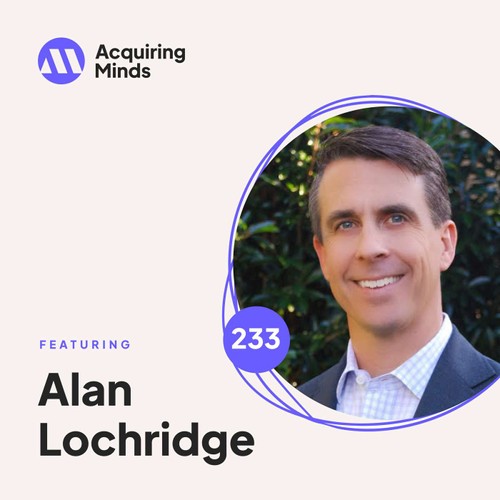
 Acquiring Minds
Acquiring Minds How to Identify & Buy a Great Residential Contractor
Mar 21, 2024
Alan Lochridge shares his journey of acquiring a hardscaping contractor, embracing digital marketing, and restructuring for efficiency. He discusses the advantages of project-based revenue, negative cash conversion cycles, and the use of subcontractors. The podcast also explores strategic decision-making, pricing strategies, and challenges in small business ownership.
AI Snips
Chapters
Transcript
Episode notes
Personal Connection Led Acquisition
- Alan Lockridge bought The Stone Man, a hardscaping business he personally used years earlier.
- He had prior familiarity with its quality and the previous owner through community connections.
Consulting Project Revenue Prepped Owner
- Project-based consulting experience prepared Alan for running a residential construction business.
- He balanced the project revenue risk with the personal risk of W-2 employment instability as he aged.
Mid-Career Risks Shape Acquisition Choice
- Being in mid-career, Alan valued business ownership more due to insecurity in W-2 jobs as people age.
- Project volatility risk balances against employment instability risk in later career stages.
